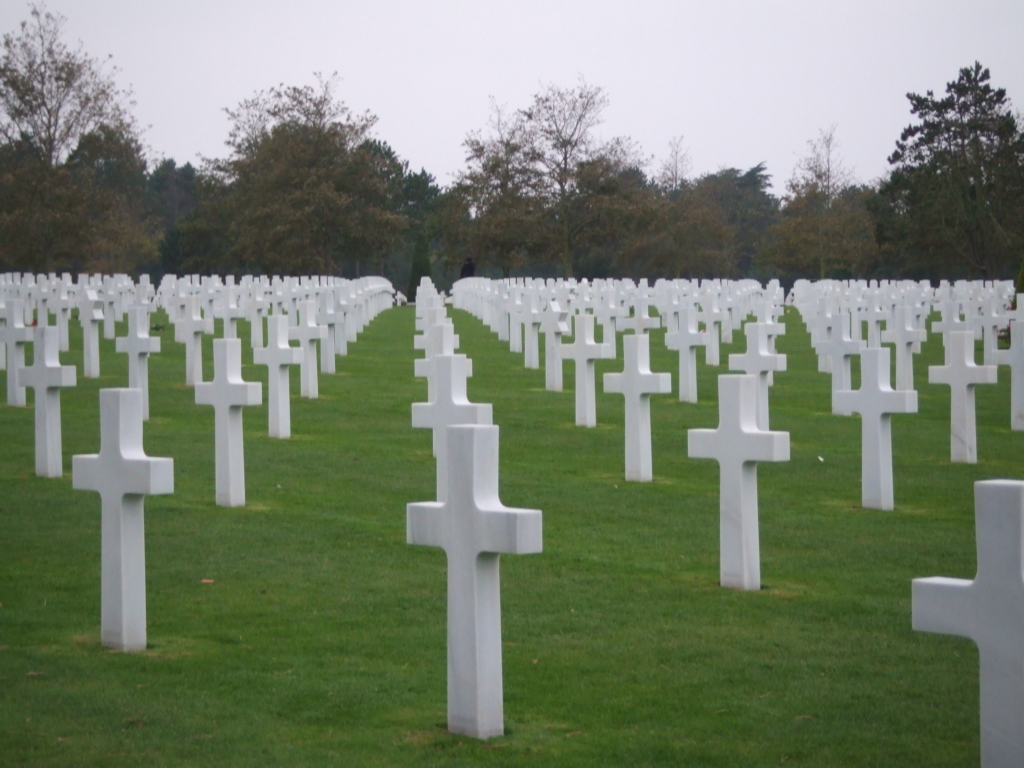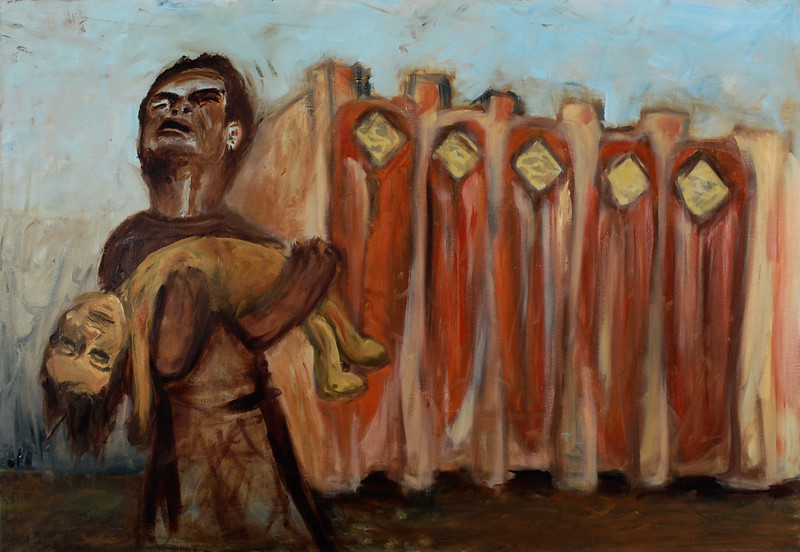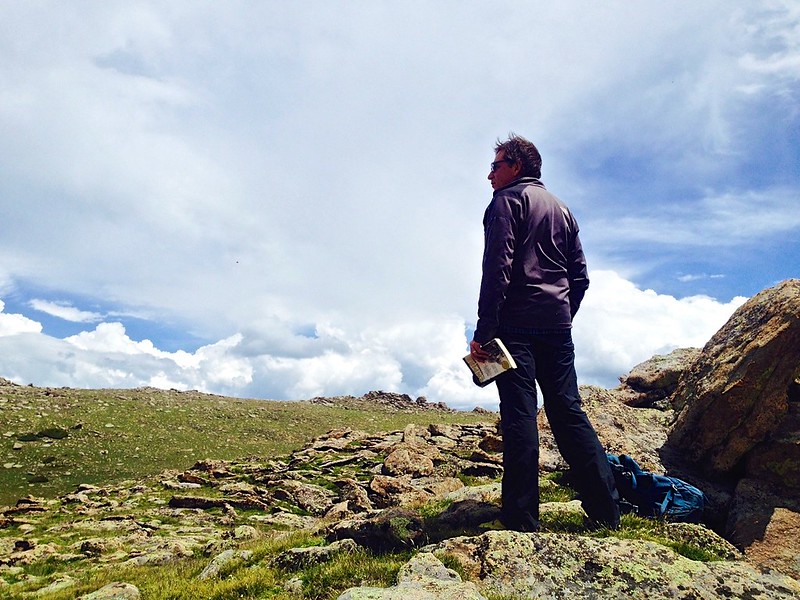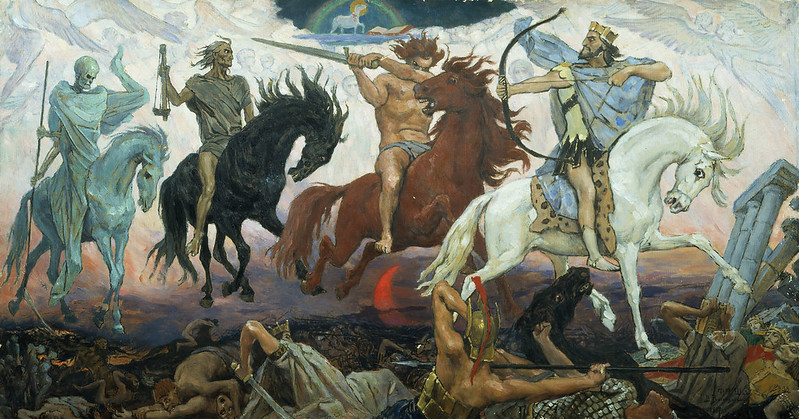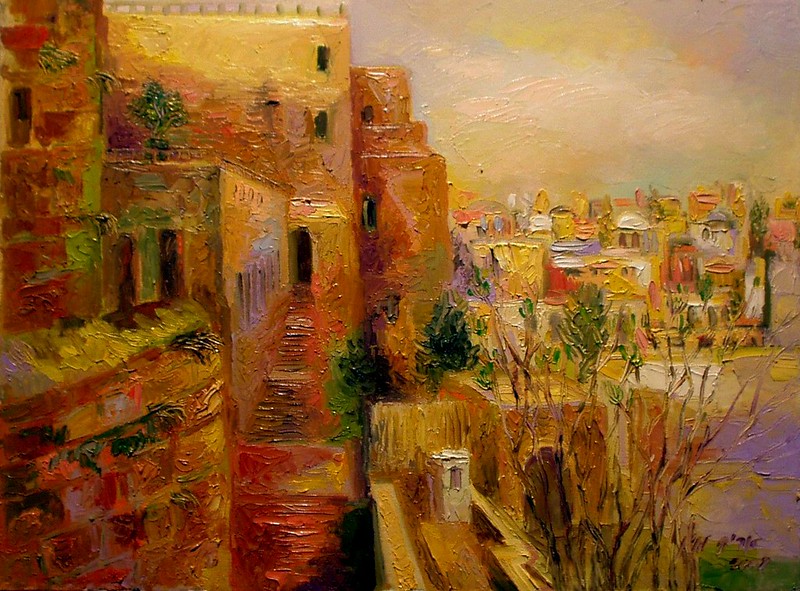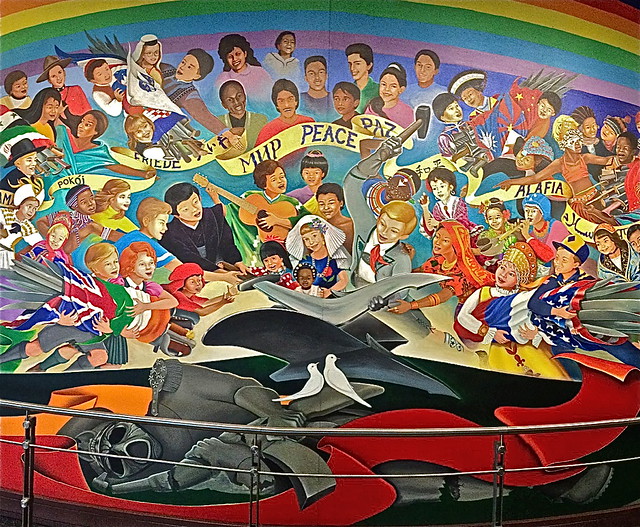We Must Not Celebrate Martial Spectacle
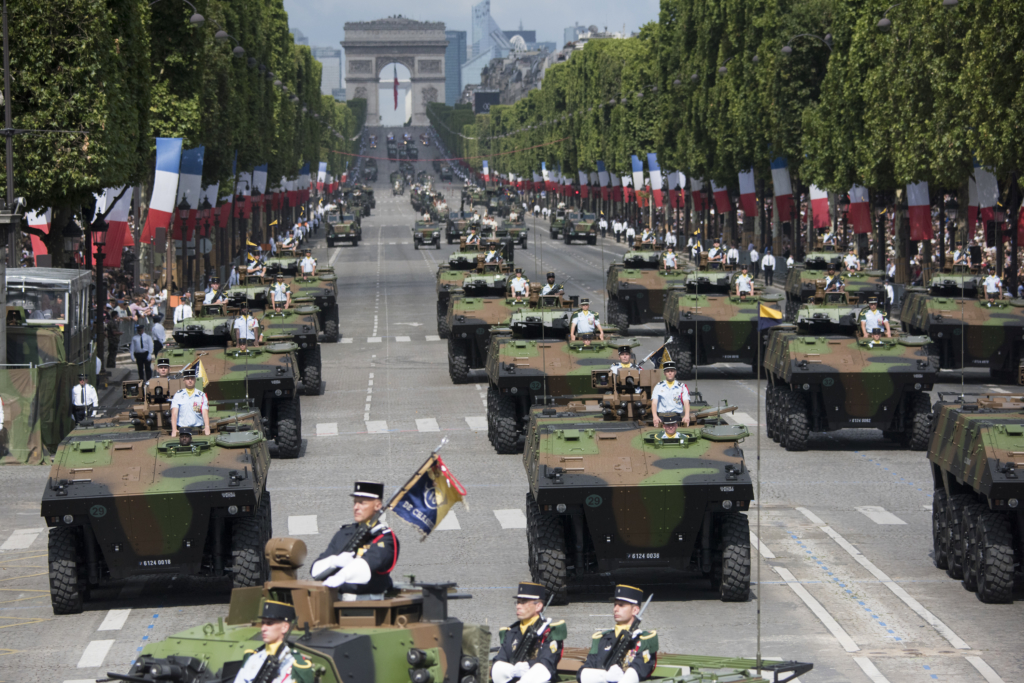
We Must Not Celebrate Martial Spectacle
Brian Zahnd
Some trust in chariots and some in horses,
But we trust in the name of the Lord our God.
–Psalm 20:7
Twenty-some years ago Peri and I attended a military airshow at Rosecrans Airport here in St. Joseph, Missouri. There were military aircraft from yesteryear evoking nostalgia; the Blue Angels put on a flight demonstration that was nothing short of spectacular; and the grand finale was the flyover of a B-2 stealth bomber that was absolutely awe-inspiring. (At a cost of about two billion dollars per bomber it should inspire awe!) The power of the military aircraft and the precision flying of the pilots engendered a patriotism that was exhilarating.
At the end of the airshow the crowd was allowed to wander among the bombers and fighter jets, take pictures, and meet the pilots. While standing under the wings of one of the immense bombers, an unanticipated thought rose in my mind: “These are flying death machines, and their sole purpose is to rain down death from heaven.” That objective acknowledgment was followed with this troubling question: “As a Christian should I celebrate these machines?” This was years before I concluded that waging war is incompatible with following Jesus, but a seed had been sown, and I would have to wrestle with the question of whether or not a Christian should venerate the tools of total war.
Read more
